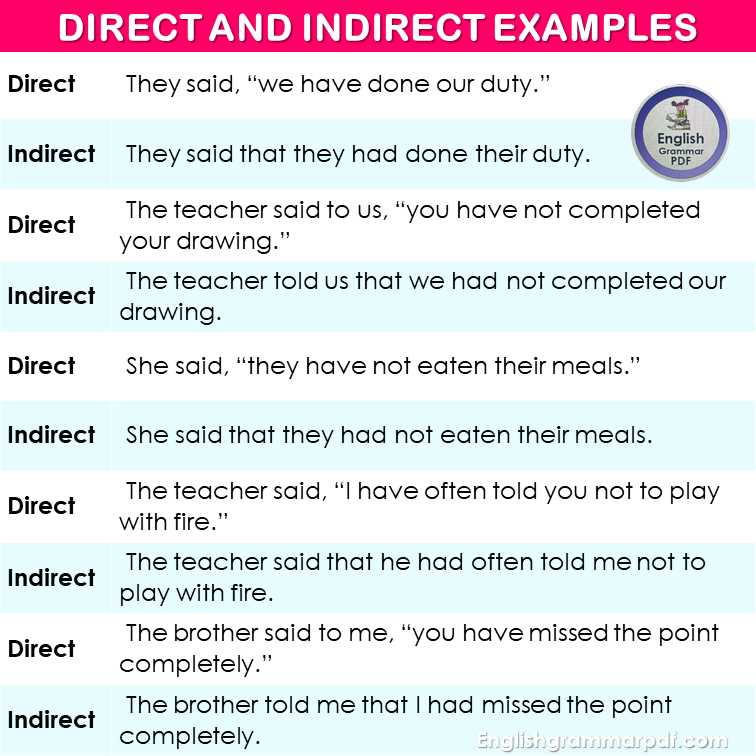Are you learning English and sometimes feel puzzled by the word ‘let’? Don’t worry, you’re not alone! In this blog post, we’re going to explore the use of ‘let’ in English grammar and provide you with simple examples that will help you understand its various meanings and applications. Let’s dive in!
“Let” is a versatile word in English grammar, used in various contexts and structures. Here are the key rules and uses of “let”:
- Permission or Suggestion: “Let” is commonly used to give permission or to make suggestions. It’s often followed by an object and a bare infinitive (without “to”).
- Example: “Let him go.”
- Proposals and Offers: “Let” is used to propose actions or offer to do something, often in the form of “let’s” (let us).
- Example: “Let’s go to the park.”
- Commands or Requests: In imperative sentences, “let” is used to issue commands or make requests, especially in formal contexts.
- Example: “Let the meeting commence.”
- Expressions of a Wish or Hope: “Let” can be used in expressions that convey a wish or hope.
- Example: “Let it be a sunny day tomorrow.”
- Causative Use: “Let” is used to indicate that the subject allows something to happen, usually followed by an object and a bare infinitive.
- Example: “She let her friend borrow the car.”
- Passive Form: When used in passive voice, “let” is often followed by the word “be” and a past participle.
- Example: “The cat was let out of the house.”
- Idiomatic Phrases: “Let” appears in various idiomatic expressions.
- Examples: “Let alone,” “let off steam,” “let sleeping dogs lie.”
- Conditional Sentences: In conditional sentences, “let” can introduce a suggestion or condition.
- Example: “If you let me know in advance, I can prepare.”
- Fixed Expressions: There are several fixed expressions with “let,” such as “let go,” “let down,” “let in,” each with its specific meaning.
- Difference from ‘Allow’ and ‘Permit’: While similar to “allow” and “permit,” “let” is more informal and often implies less deliberate intention.
- Example: “He allowed/permitted his son to go out” (more formal) vs. “He let his son go out” (more informal).
- ‘Let’ in Subjunctive Mood: Sometimes used in a subjunctive mood to express a desire or hypothetical situation.
- Example: “Let him be happy.”
Must Learn: Examples of Common Nouns
Examples of Let in Sentences
- Let me help you with your homework.
- We should let the dog out for a walk.
- Don’t let the opportunity slip away.
- Let‘s go to the movies tonight.
- I won’t let you down in the project.
- They let the cat out every morning.
- Please let me know if you’re coming.
- Can we let bygones be bygones?
- She wouldn’t let him drive her car.
- Let‘s consider all the options before deciding.
- Let the games begin!
- Let them have a say in the matter.
- You should let your hair down once in a while.
- Let the cake cool before cutting it.
- Just let it be; it’s not worth the argument.
- They decided to let sleeping dogs lie.
- Let the record show that I objected.
- Why don’t we let nature take its course?
- Let‘s split the bill evenly among us.
- Don’t let the kids stay up too late.

Download this lesson in PDF



